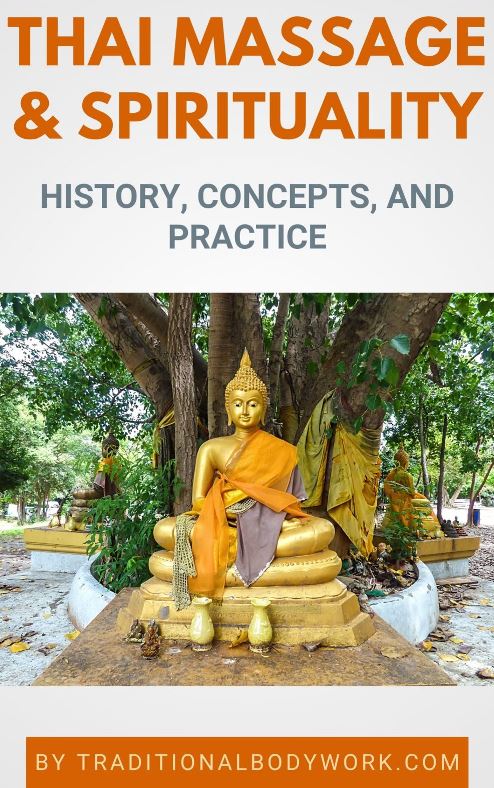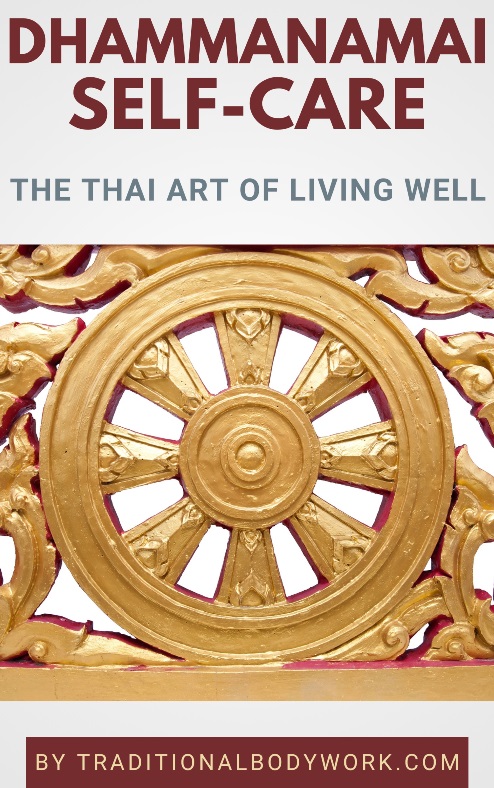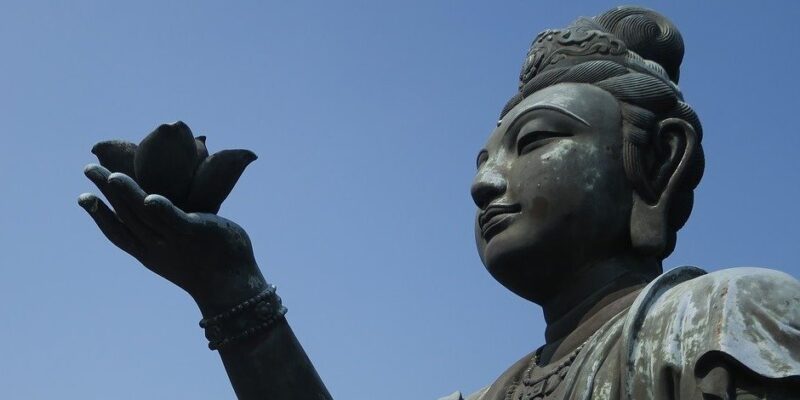
Buddhist Medicine is an umbrella term for a broad variety of ideas and practices with regard to illness and health that have emerged within Buddhist contexts, or which — alternatively — have been embraced as being part of Buddhism as it was spreading throughout Asia.

In a more general sense, Buddhist Medicine primarily occupies itself with the relationship between body and mind — in fact being a form of Mind-Body Therapy or Somatic Therapy — while trying to understand the causes of mankind’s mental and physical suffering and how to overcome those.
As Buddhism spread, it became a vehicle of cross-cultural exchange, not only for Mind-Body therapies, but also for other types of traditional medicine it encountered and assimilated during its journey.
Yet, it’s important to realize that Buddhist Medicine is not a consistent or fixed system, but one that took from, integrated with, and influenced the indigenous forms of medicine it encountered, which resulted in specific flavors of Buddhist Medicine depending on the country or civilization that adopted Buddhism as a religion and/or Buddhist ideas about sickness and health.
When we take Thailand as an example, we can see that the Thai consider Thai Traditional Medicine (TTM) a form of Buddhist Medicine. For instance, TTM is heavily influenced by ideas of (Buddhist) meditation as a form of mental health care, and likewise by Buddhist ideas of Loving Kindness (Metta) and Karuna (Compassion) which are an integral component of TTM treatment modalities such as Thai Massage.
Even more significant is that Jivaka Komarabhacca (Jivaka Kumar Baccha), who is thought to have been a contemporary of the Buddha, his friend, personal physician and a devout Buddhist practitioner himself, is considered the patron saint of TTM, which firmly positions TTM as “Buddhist Medicine.”
Jivaka Komarabhacca is also seen as instrumental for the development of Ayurvedic healing knowledge in India, and in China some honor him as the creator of Acupuncture. If Jivaka was an actual person or if he’s only a mythical figure is somewhat of a debate, but it demonstrates quite convincingly the connection between Buddhism and medical practices.
Another lightning example of Buddhist Medicine is Sowa Rigpa, which is also called Tibetan Buddhist Medicine. Although Sowa Rigpa already developed in the pre-Buddhist era through local indigenous practices, it gradually became deeply influenced by Indian Ayurveda and Indian Buddhist-Tantric literature, embracing the traditional Buddhist belief that all illness ultimately results from the Three Poisons: delusion, greed, and aversion, while focusing on the relationship between the person’s body, mind, their society and environment.

Hence, Tibetan Buddhist Medicine follows the Buddha’s Four Noble Truths and Noble Eightfold Path, which apply Buddhist diagnostic logic to man’s suffering. It combines logical, mystical, and spiritual healing practices, and emphasizes preventive and holistic health approaches. In addition, Sowa Rigpa also intensely uses herbal medicine and Yogic practices to maintain or attain health.
Hence, Buddhist Medicine revolves around understanding the connection between body and mind (typically through a broad variety of meditation practices and techniques), but also occupies itself with plants and minerals with healing qualities i.e. herbal medicine, and bodywork, such as massage, acupuncture, and Yoga.
In conclusion, we could say that throughout the millennia Buddhist Medicine has created hybrid combinations of cross-culturally transmitted indigenous medical knowledge and Buddhist principles, a phenomenon that goes on even today with the transmission to and adoption in the West of Buddhist spiritual concepts and practices, sometimes influencing national healthcare practices significantly.


















